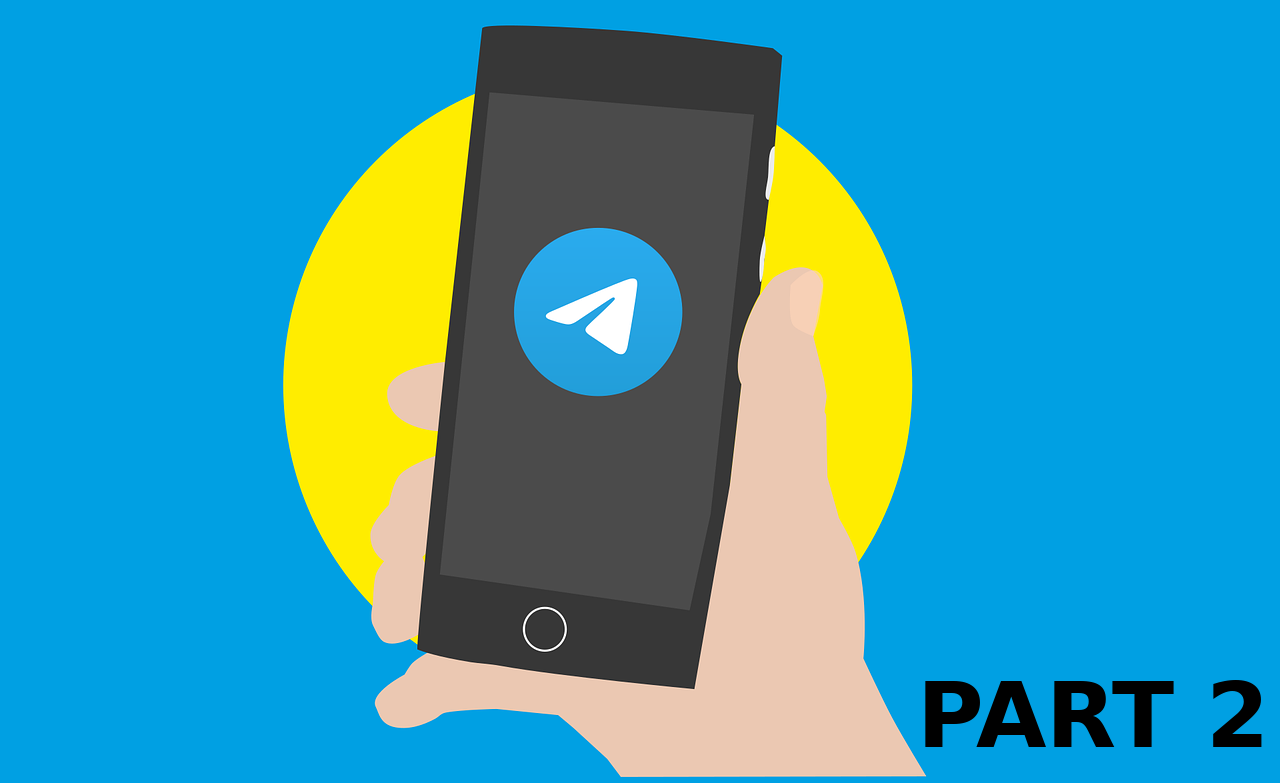
-
Whether Telegram has compromised the security of its customers, many experts
would disagree. However, certain anomalies were reported by some users.
On June 18, Roskomnadzor, Russia’s communications oversight and censorship body announced in a public statement that it has lifted its ban on Telegram, the popular messaging app. The Russian government has been attempting to block the popular social media messaging app and its various activities within its borders for two years, unsuccessfully.
Was customer safety compromised by Durov? Qiao Wang, a startup investor and advisor, said on June 20 in his Twitter post that certain individuals with whom he had corresponded privately on Telegram suddenly started showing up in his Facebook friend suggestions — implying that Telegram is not as private as it makes itself to be. The Discord app was also a point of concern for the crypto-invest advisor Josh Olszewicz and CoinShares chief strategy officer Meltem Demirors in response to Qiao Wang.
On this topic, Telegram's spokesperson said: "In Mr. Wang's case, it is likely connecting him based on his phone's address book – which he himself confirmed. Telegram also connects him with users from the address book, but Telegram shares no data with Facebook."
Runets stated that Telegram's alleged compromisation and Durov's cooperation with government authorities probably just for the prevention and removal of terrorist and extermist content, adding that, at the start of the year, the government had realized that the ban on the app was not taking effect. Actually, Runets said that even the Russia's deputy minister for communication, Alexey Volin, acknowledged that fully blocking Telegram in the country was highly improbable. Runets also added:
“We see this event as an excellent example of how mass adoption of something that is impossible to effectively ban and that is useful for society wins over government’s resistance and eventually even gains official recognition of the government.”
In line with that, the CEO and founder of Quube Exchange which exchanges security tokens, Anton Zhemukhov stated that the Telegram founder would have never jeopardize the security of his platform just to obtain clearance from the Russian government.
However, group chats may not have an end-to-end encryption on Telegram. Additionally, the end-to-end encryption service is unavailable for individual chats as well, meaning that users that do not know their way around technology are left more exposed to data lapses.
As a result of Telegram's servers being closed source, almost all chats on the platform chats can be easily accessed by their team. Whether Telegram's data integrity has been compromised or not yet remains to be seen. What might be possible is that certain data associated with specific Telegram accounts may fall into the hands of Roskomnadzor at Telegram’s discretion, if Durov and his associates decide to hand it to them.
Stay tuned!
Aleksandar JELIC